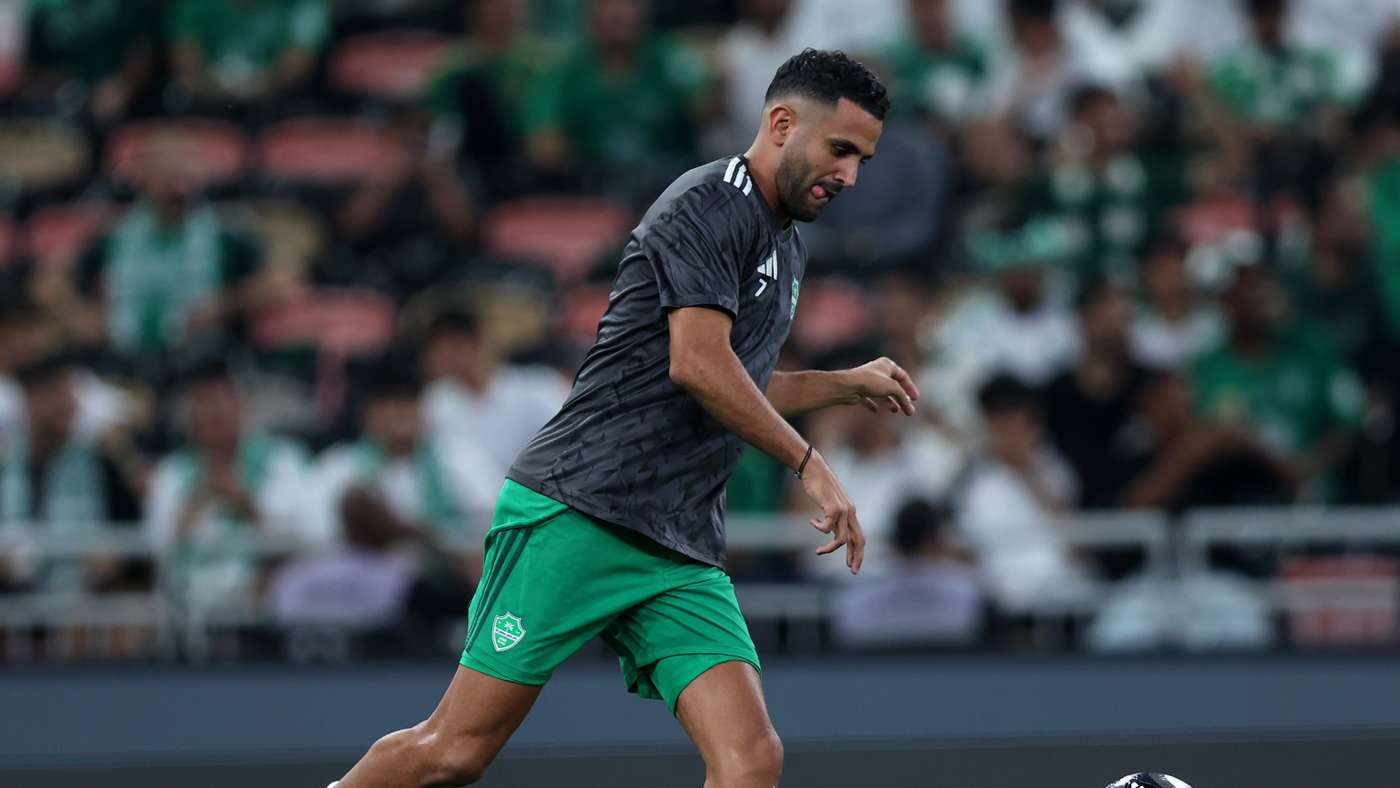Saudi Soccer's Next Big Leap: Private Cash Flows Into the Big Leagues
2 octobre 2025

Historic Investment Move Reshapes the Saudi Club Landscape
Saudi youth club Al-Shabab has taken a historic investment step, described as among the boldest moves in the sports scene, following reports that the club and rival Riyadh club have sold full administrative and financial stakes to major firms after weeks of secrecy, reaching the final form.
The formal announcement is expected in the coming days after regulatory requirements are met, aligning with the core goals of the investment and privatization project for clubs, which aims to create an attractive environment for investment in sport.
Investment in Sport Project
Investment in sport project The Saudi Ministry of Sports announced in July 2024 the start of the second phase of the second track in the investment and privatization project for sports clubs, in coordination with the National Privatization Center, based on a cabinet decision on July 2, 2024, approving the privatization document for 14 clubs across various levels.
According to the ministry, this step completes the phases of the project, launched by the Crown Prince to meet the goals of Vision 2030 and to spur private participation in building and growing the sports sector, benefitting national teams, clubs, and players alike.
Phase six clubs up for privatization The current phase will see six clubs opened to local and international investors: Al-Zulfi, Al-Nahda, Al-Akhdood, Al-Anzar, Al-Arabi, and Al-Khudood.
Investors interested in competing for these clubs can apply via the Investor Gateway on the National Privatization Center website to review the required criteria and information, with plans to privatize the remaining eight clubs later: Al-Shoula, Hajer, Al-Najma, Al-Riyadh, Al-Rawda, Jeddah, Al-Taraji, and Al-Sahil.
Rivalry of the Giants
The ministry began Stage One in June 2023 by converting seven clubs into sports companies, including four major clubs owned by the Public Investment Fund: Al-Ittihad, Al-Ahli, Al-Nassr, and Al-Hilal. This shift has enabled Saudi clubs to clinch global deals, such as Al-Ahli winning the AFC Champions League for the first time and Al-Hilal advancing to the quarterfinals of the Club World Cup in the new format, including a notable draw with Real Madrid and a knockout win over Manchester City.
Okaz reports that the investment move will likely trigger a qualitative leap in the administrative and financial structures of Al-Shabab and Al-Riyadh, with expectations that the deal will directly strengthen teams by attracting elite players in upcoming transfer windows.
Crushing Financial Crisis
Al-Shabab remains one of the oldest clubs in the capital, boasting 43 titles in total, according to the project documenting Saudi club championships, placing it fifth in the kingdom’s all-time list. Yet, the club has long faced a severe financial crisis that has limited its title challenge in recent years.
Despite its pedigree, the club has struggled to sign high-profile deals rivaling the big four, prompting the Ministry of Sports to provide 130 million riyals to bolster its finances and support efficient administrative and technical operations.
Mixed Results on the Pitch
Shabab opened the new season with a heavy 4-1 defeat to Al-Khaleej at home in the opening round of the Roshen Saudi Pro League, but recovered to beat Al-Hazm 1-0 in the second round. The team then drew 0-0 with Al-Fayha, followed by a 2-1 defeat to Al-Kholood, leaving them 12th in the table with four points.
In the King Cup, Shabab advanced to the round of 16 by beating Abha on penalties, a match noted for its drama and contentious moments. October brings a challenging run of fixtures: a high-stakes clash with Al-Ahli on October 17 in Jeddah, a home match against Damac on October 25, and a city derby with Al-Hilal on October 30. They also face Al-Zulfi in the King’s Cup last-16 on October 27 or 28, aiming to reclaim the title they last lifted in 2014.
Hot on the heels of the big players The investment move is expected to reshape Saudi football’s competitive balance, potentially elevating the level of signings and on-pitch quality as clubs tussle with ownership models and new capital inflows.
On a broader note, the matchups and market dynamics may shift the Saudi Pro League toward a more aggressive, financially robust era, with the private sector seeking a bigger slice of the action while fans hope for more drama and a deeper bench of stars. And if the budget balloons too fast, at least the trophy cabinet will get an extra shelf for all those receipts. Punchline 1: If this deal goes south, at least the calendar will need a bigger trophy room for all the paperwork. Punchline 2: In football and investments, timing is everything—let’s hope the timing is perfect and the excuses are not.



